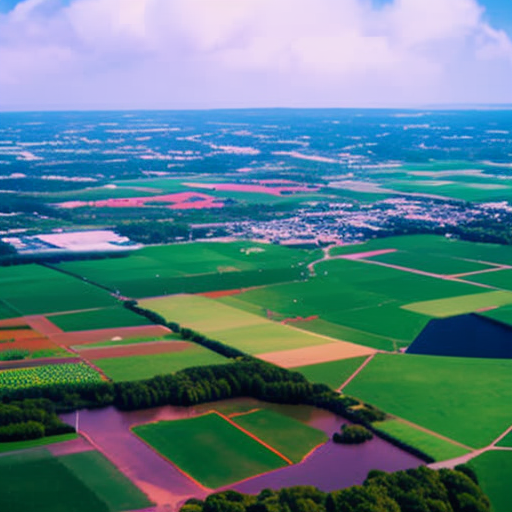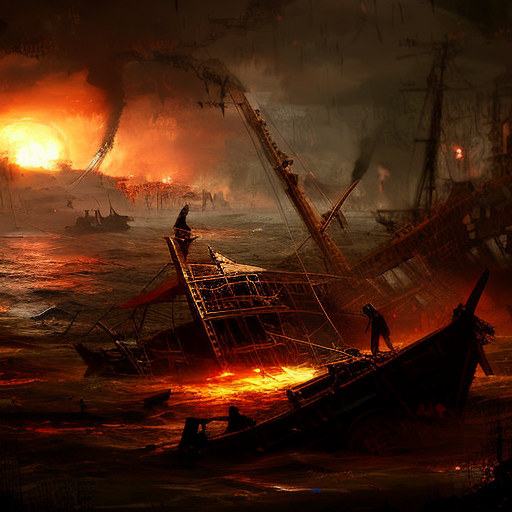Weather radar is a technology that uses radio waves to detect and track precipitation, providing valuable information for weather forecasting and monitoring.
Atmospheric Studies Explained
Atmospheric studies involve the scientific exploration and analysis of Earth’s atmosphere to understand its composition, dynamics, and impact on climate and weather patterns.
Meteorology Explained
Meteorology is the study of the Earth’s atmosphere and weather patterns.
Weather Forecasting Explained
Weather forecasting is the scientific process of predicting atmospheric conditions and weather patterns.
Hurricane Tracking Explained
Hurricane tracking involves monitoring and predicting the path and intensity of hurricanes using advanced scientific and technological tools.
Humidity And Precipitation Explained
Humidity and precipitation are interconnected atmospheric conditions that influence weather patterns and water availability.
Weather Radar Technology Explained
Weather radar technology is a system that uses radio waves to detect and track precipitation and other atmospheric phenomena.
Air Masses And Fronts Explained
Air masses and fronts are important concepts in meteorology that explain the movement and interaction of different air masses, leading to weather changes.
Hurricane Earl Explained
Hurricane Earl was a powerful Category 4 hurricane that caused significant damage and loss of life in the Caribbean and the United States in 2010.
Isaac’s Storm: A Man, a Time, and the Deadliest Hurricane in History Summary
‘Isaac’s Storm’ by Erik Larson is a gripping account of the devastating 1900 Galveston hurricane and the man who failed to predict its deadly impact.
Hurricane Irma Explained
Hurricane Irma was a powerful and destructive Category 5 hurricane that struck several Caribbean islands and the southeastern United States in 2017.
Hurricane Ian Explained
Hurricane Ian was a powerful Category 5 hurricane that struck the Caribbean and Gulf of Mexico in 1995, causing significant damage and loss of life.



















